Frederica Freyberg:
The senator of whom Kevin Kennedy and I just spoke who appeared in a hidden camera video this week announced today he will not seek reelection. Republican Mike Ellis of Neenah was first elected to the State Assembly in 1970 and to the Senate in 1982. And this, after 35 years as Wisconsin’s 6th District congressman, on Monday, US Representative Tom Petri will announce he is not running for reelection. We touch on that race next and the race for governor, because we’re talking elections with Tom Kertscher, reporter for Politifact Wisconsin. He joins us from Milwaukee, and Tom, and thanks for doing so.
Tom Kertscher:
You bet.
Frederica Freyberg:
So with this breaking news just today that US Rep Tom Petri will not run for reelection, we have two long-serving republicans down, including Mike Ellis. But Petri’s announcement comes after Tea Party Republican Glenn Grothman announced his bid to unseat the long-time congressman and recently you took a look at a Grothman claim, and it reads like this. He said, “When Republicans last controlled the presidency and Congress, the number of people on food stamps (and) the number of people in low-income housing went through the roof.” How did you rate this one at Politifact?
Tom Kertscher:
We rated that statement by Senator Grothman as mostly true. Our definition of mostly true is something that’s accurate, but needs additional information or clarification. In this case, we found that he was essentially on target, that while the republicans were primarily in control of Washington from 2001 to 2007, that the number of people on food stamps increased dramatically after having gone down for a number of years. There was also an increase in the people using low-income housing, although not as dramatically.
Frederica Freyberg:
Was that in response to a question as to why are you running for Tom Petri’s seat, and how does that persuasion on Glenn Grothman’s part kind of prompt people like Petri not to run for reelection?
Tom Kertscher:
It was part of the senator’s announcement that he would run. He did an interview shortly after his announcement. And it very clearly was aimed at Congressman Petri. He was making a statement, citing statistics about food stamps and low-income housing. But his larger message was, hey, I’m going to be more of a conservative, more of a republican than the guy who’s in office now, and that’s why you should vote for me.
Frederica Freyberg:
Let’s move along to the governor’s race now. On the “Promises of Burke/Walker of 2014,” as Politifact labeled it, here are some of the issues that you looked at comparing the candidates for governor. On jobs, some of the issues include the issue of raising the minimum wage. Scott Walker opposes the idea. Mary Burke supports it. Likewise, Mary Burke would reinstate the Equal Pay Act in Wisconsin. Governor Walker repealed it. While Scott Walker’s signature legislation was Act 10, Mary Burke says she would work to restore collective bargaining. Now, on these very narrow issues, these two candidates obviously could not be kind of more polar. It creates a pretty clear choice, wouldn’t you say, between these candidates?
Tom Kertscher:
Well, just to be clear, what we do at Politifact is primarily fact check what politicians say, and rate the statements as true or false, or somewhere in between. Another feature with Politifact Wisconsin is to track promises made during the campaign. So we tracked, for example, 65 promises that Governor Walker made while he campaigned the first time around. Certainly, there are some contrasts. But there really are some similarities as well. When the governor promised to create 250,000 jobs here in his first term, he’s pretty much indicated that would need to carry over to a second term if he’s elected. Mary Burke’s promise is I will put Wisconsin in the top ten nationally in job growth. So that’s certainly a similarity. Even with Act 10, as divisive as that was, Mary Burke has been clear that she would try to reverse part of that law and allow public employees to again collectively bargain over many issues. At the same time, she and the governor agree that the part of Act 10 requiring most public employees to pay more for their benefits was the right move.
Frederica Freyberg:
You know, we don’t have a lot of time left here, but I want to skip ahead to another topic that you looked at and that was education. When the two candidates were compared side by side, again, they’re opposite on vouchers. But then on the costs of higher education, just today Scott Walker was able to announce that he would like to have another two-year tuition freeze on top of the one that was already signed into law, whereas Mary Burke talks more about kind of deductions for college tuition and that kind of thing. So do you find that Scott Walker is able to make kind of more tangible promises, whereas Mary Burke has to have longer kind of conversations about issues?
Tom Kertscher:
When it comes to education, I think, and I’ll have to look more closely at what the governor said today. It’s one thing to call for a tuition freeze, and it’s another to actually promise, I’m going to deliver this. I’m not sure if he’s gone quite that far yet. Certainly that’s a tangible sort of item. But on other education issues, at least during the campaign so far, he’s not really made promises, whereas Mary Burke, for example, has said, look, if I get elected, we will spend more state money on higher education. How much more, she didn’t say, but at least she’s setting out a line where it’s not going to be freezing state spending or reducing it.
Frederica Freyberg:
All right. We need it leave it there. Thanks very much for joining us.
Tom Kertscher:
You bet.
Search Episodes

Donate to sign up. Activate and sign in to Passport. It's that easy to help PBS Wisconsin serve your community through media that educates, inspires, and entertains.
Make your membership gift today
Only for new users: Activate Passport using your code or email address
Already a member?
Look up my account
Need some help? Go to FAQ or visit PBS Passport Help
Need help accessing PBS Wisconsin anywhere?

Online Access | Platform & Device Access | Cable or Satellite Access | Over-The-Air Access
Visit Access Guide
Need help accessing PBS Wisconsin anywhere?

Visit Our
Live TV Access Guide
Online AccessPlatform & Device Access
Cable or Satellite Access
Over-The-Air Access
Visit Access Guide
 Passport
Passport









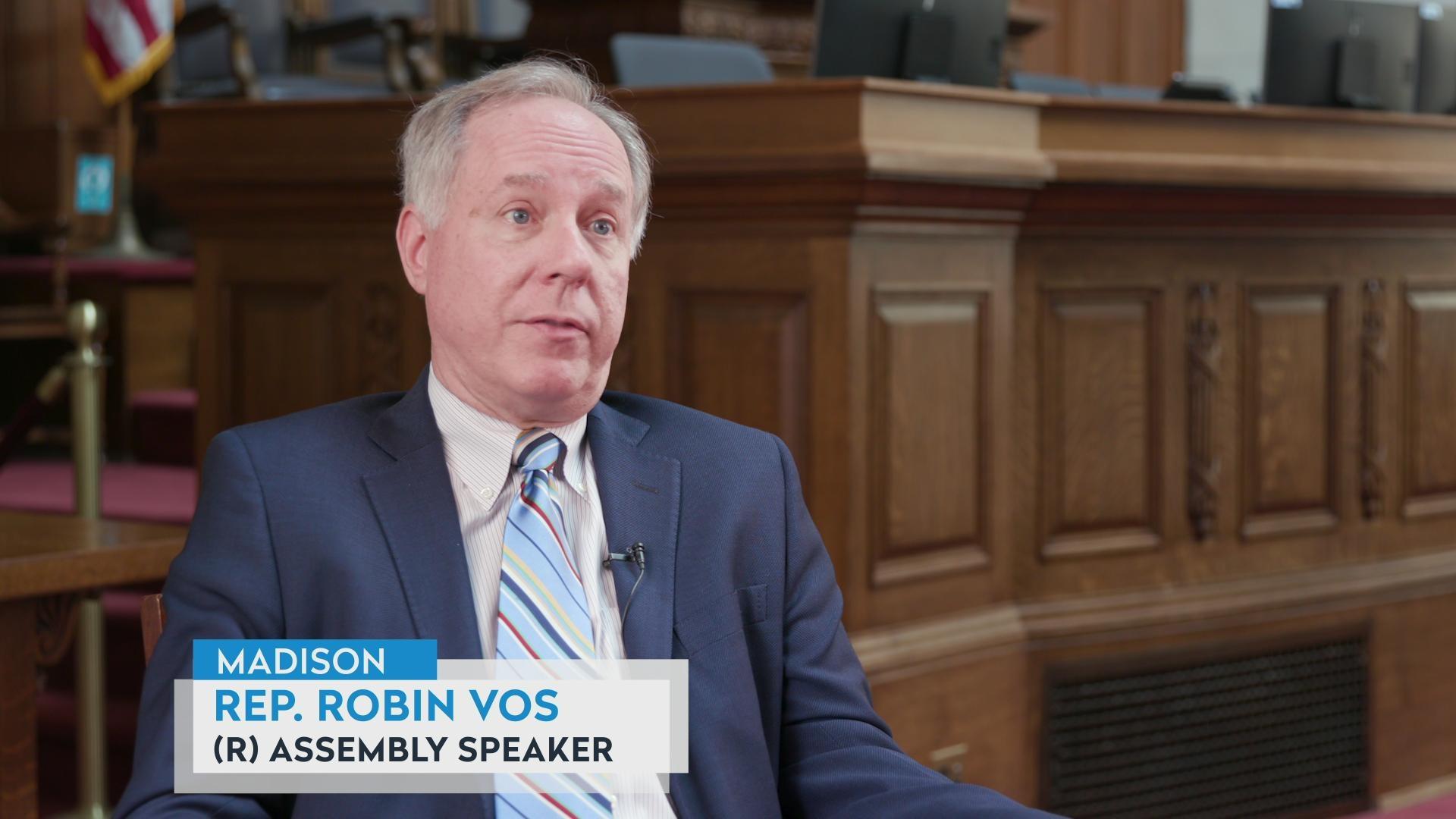

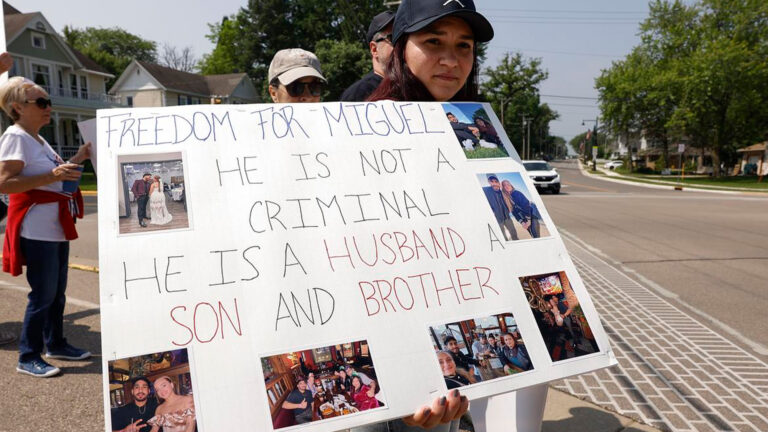
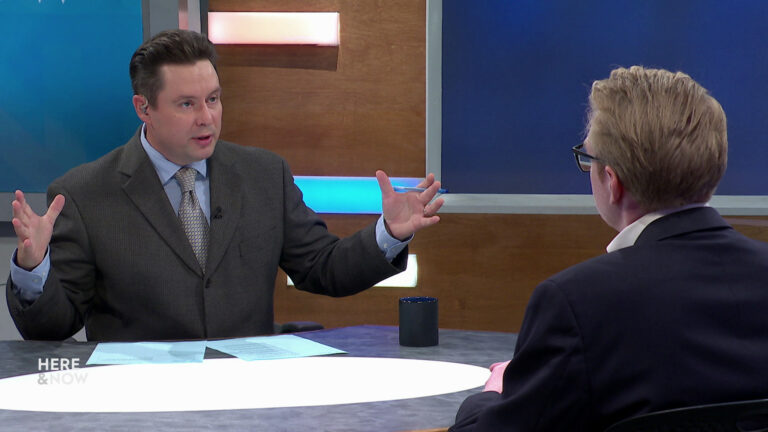
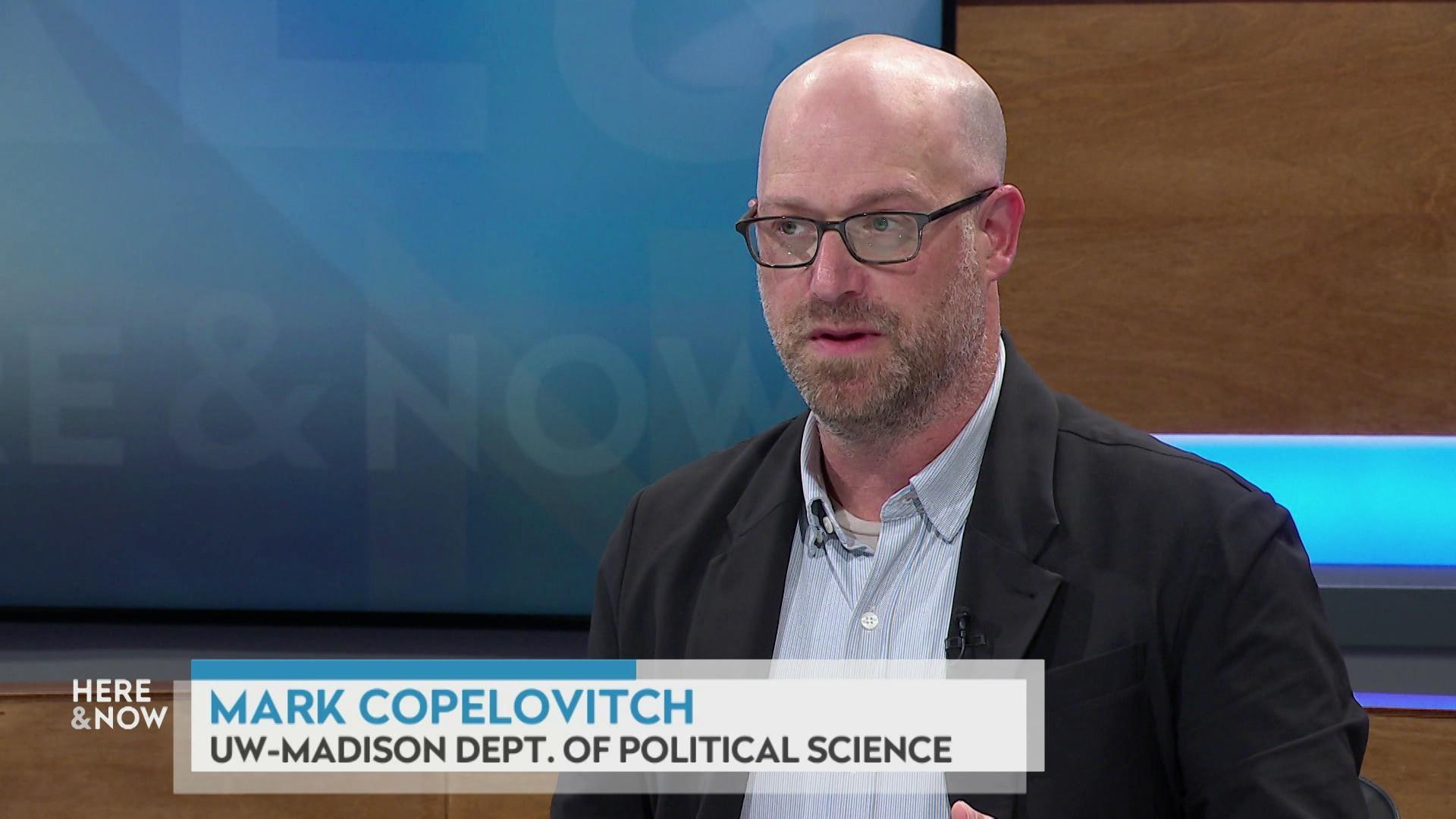
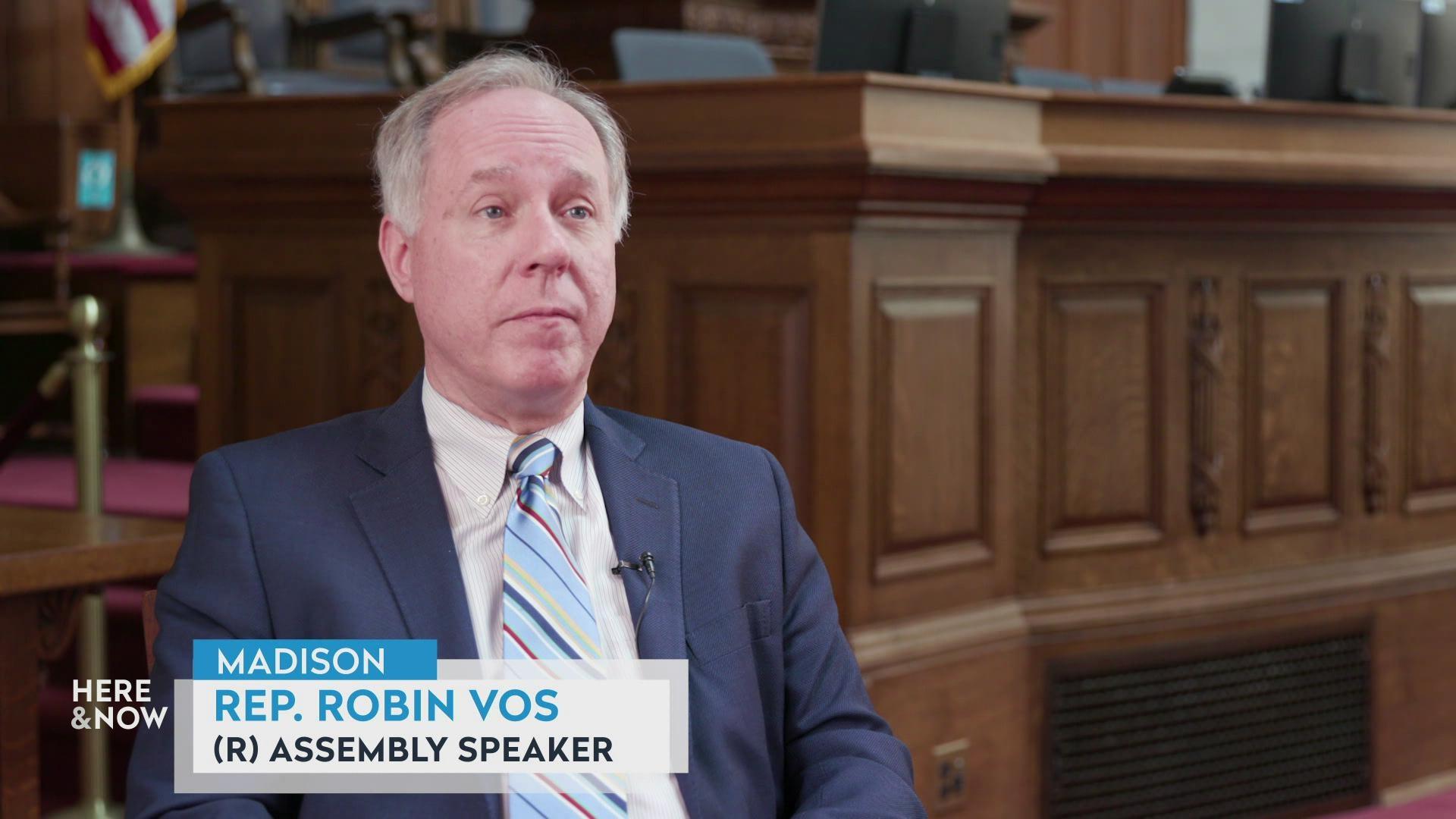
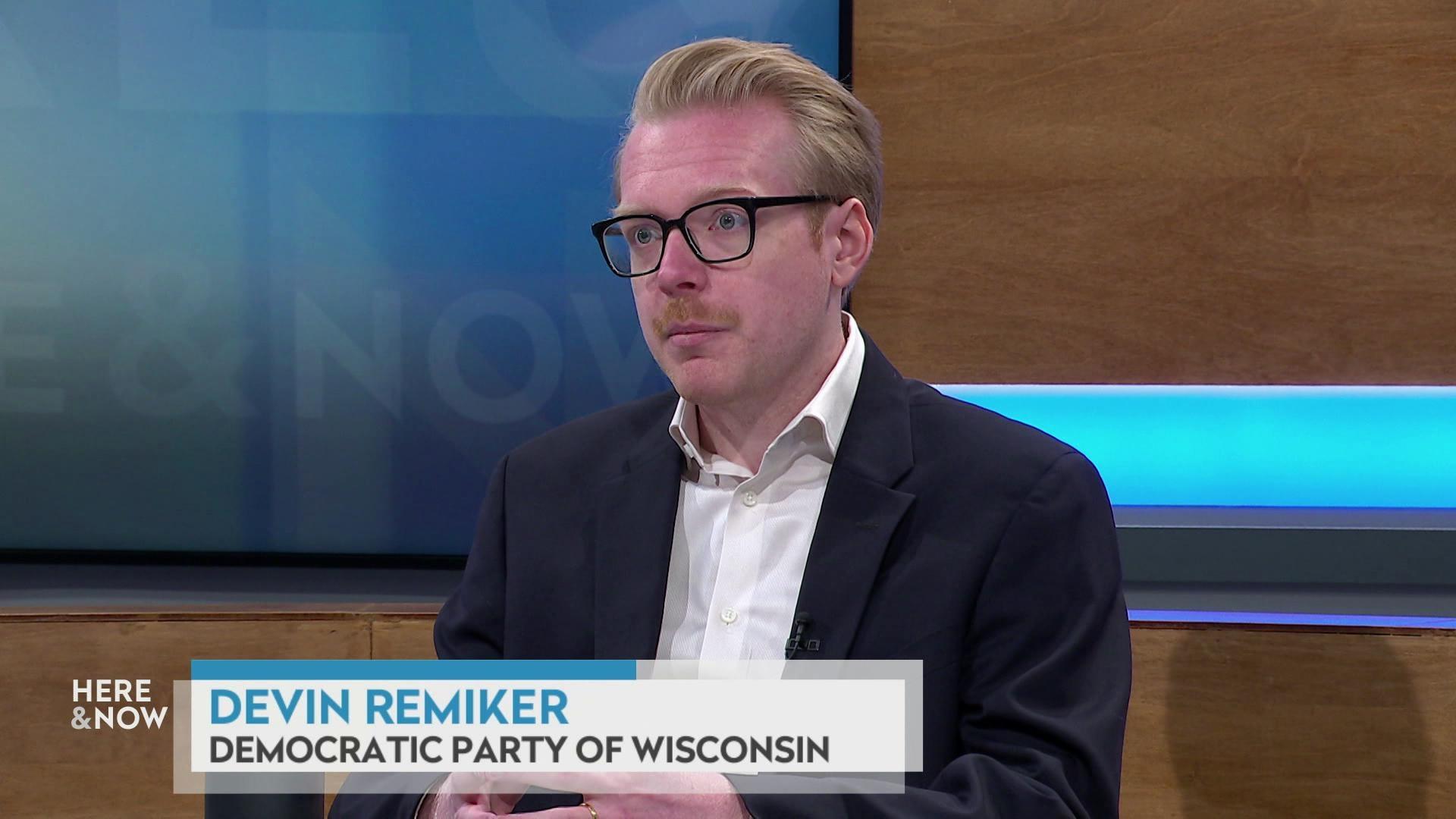
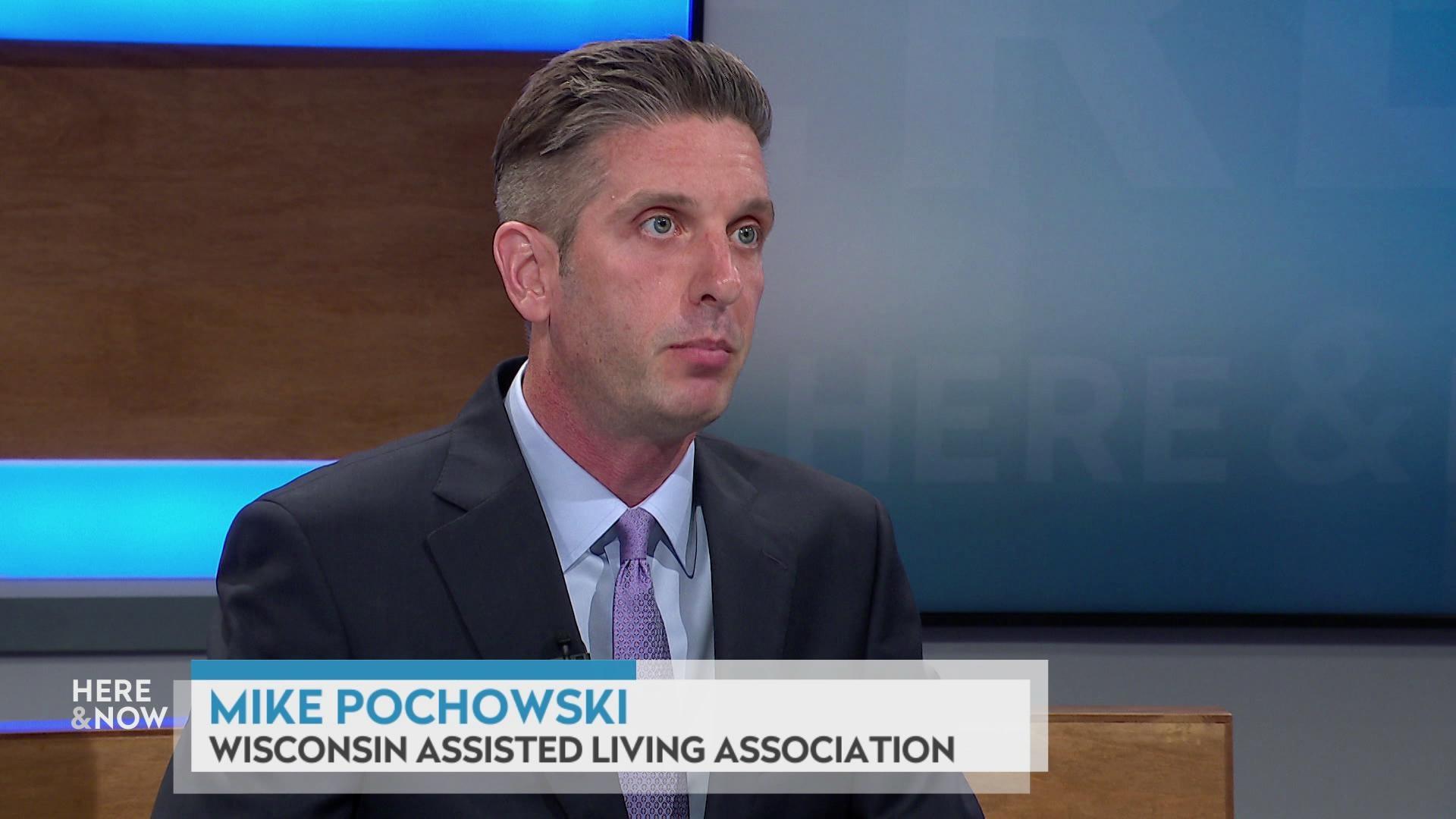

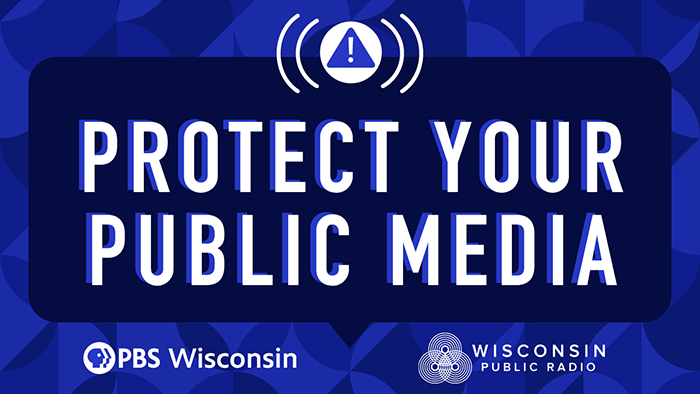
Follow Us